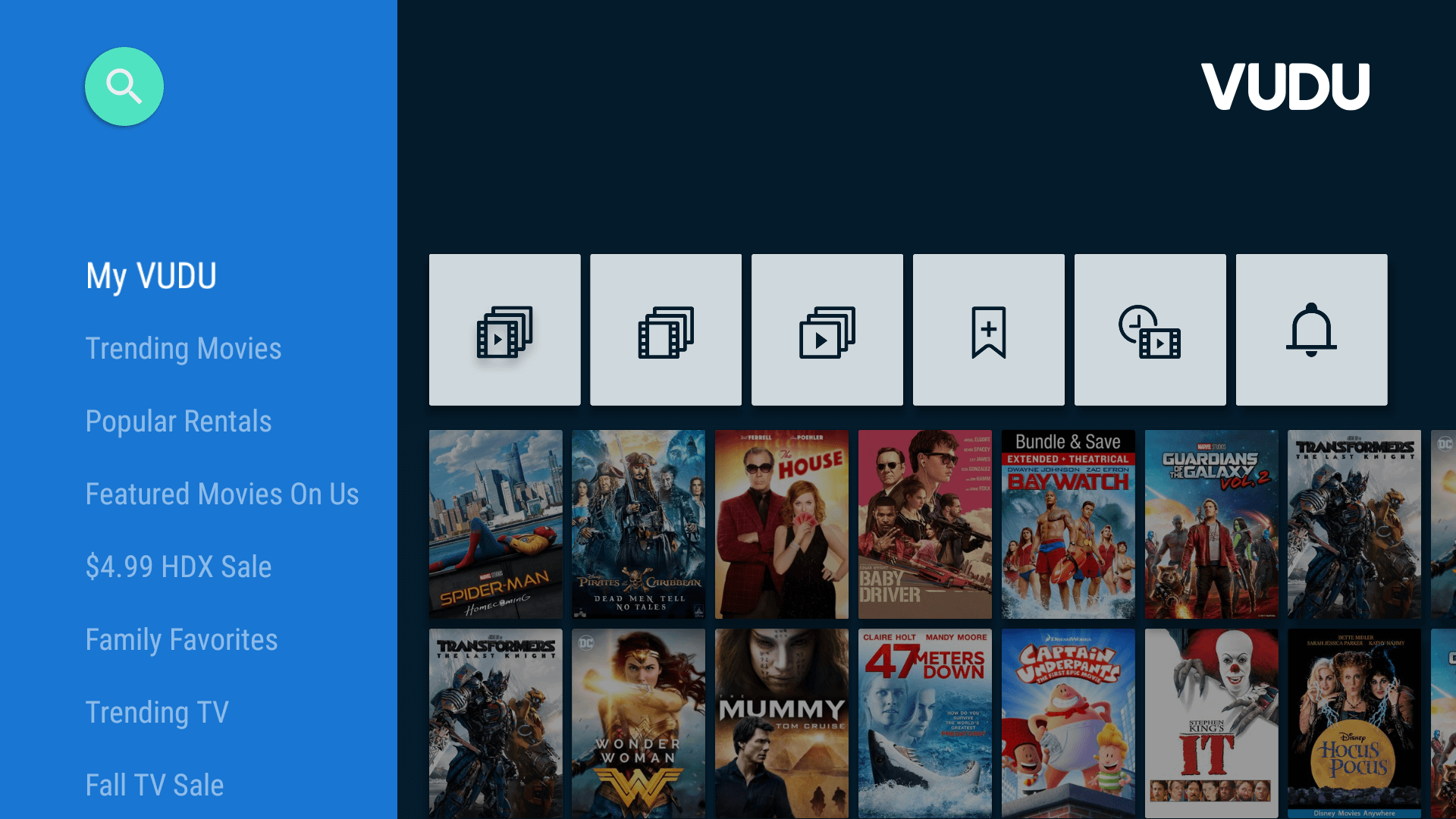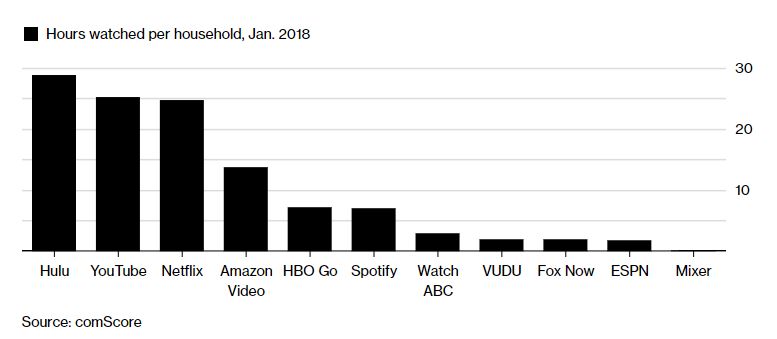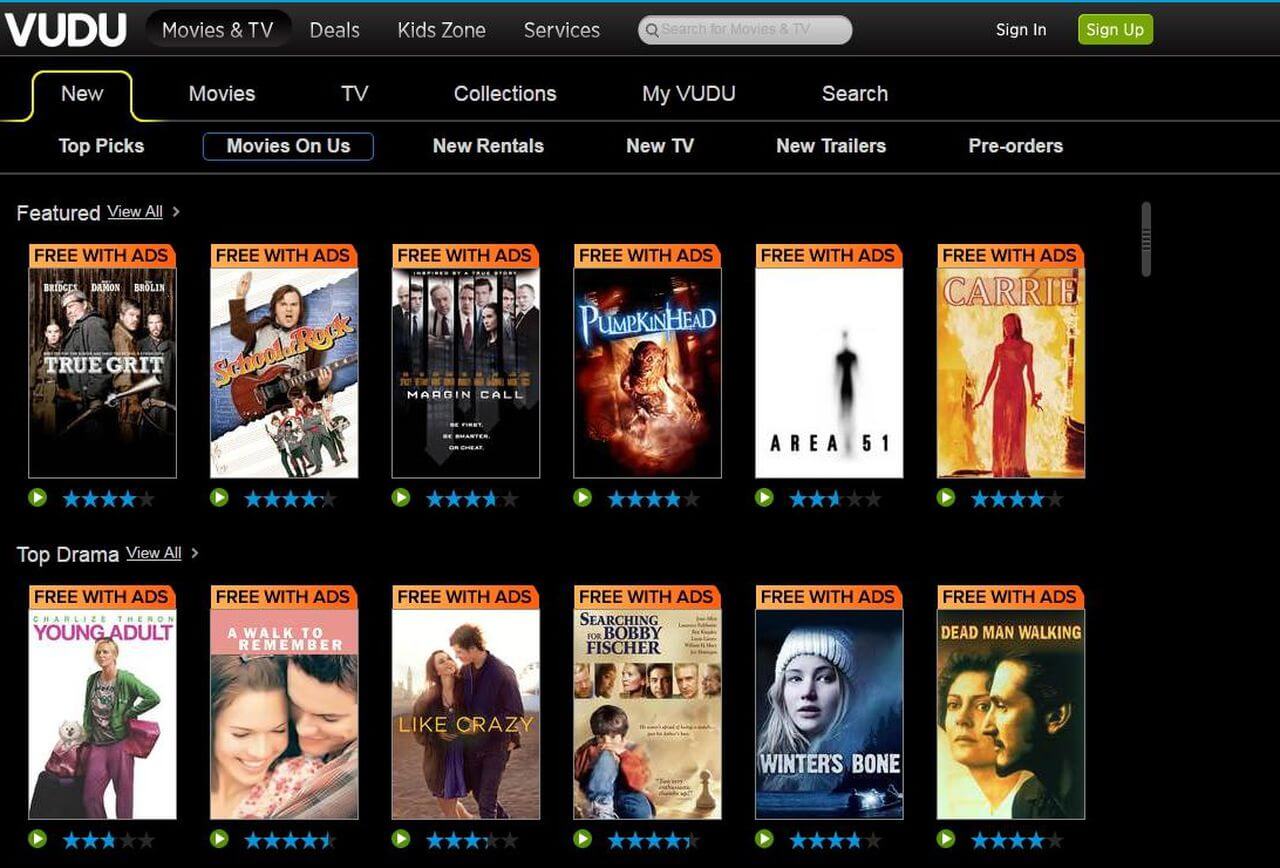
Back in 2007 when Netflix was only offering DVDs by mail and Prime Video did not afford free content to members, Walmart held a unique position in the beginnings of streaming. Walmart's Vudu service had plans to change the movie-watching experience at home with a library of around 5,000 films.
Why and how did Netflix and Amazon back Vudu into a small corner of the market? Despite the fact that Walmart has influence to ensure that Vudu is supported on game consoles, smart TVs, Blu-ray players and nearly any device you can think of, consumers were not acting in accordance with Walmart's business strategy.
Vudu has focused on allowing movies to be rented or purchased instead of a monthly subscription cost for unlimited access. As it turned out, DVD sales in stores continued to decline and consumers were not all that interested in buying movies in digital form, either.

The rise of binge-watching is ultimately responsible for the majority of Vudu's struggles. Netflix users watch around 25 hours a month of content compared to just 1.9 hours on Vudu. Prime Video users now watch approximately 13.75 hours monthly.
Netflix and Amazon put the final nail in the coffin for Vudu with the introduction of original series. Major release movies on Vudu cost more than a month's subscription fee to either Netflix or Amazon Prime but only offer around two hours of entertainment. Quality content with seasons that can take several days to binge-watch provide a much better value than paying for a movie every time the TV is turned on.

Although Vudu is not exactly the household name that Netflix and Amazon are, it is not a dead service. In 2016, Vudu began offering select movies with ads in them for free. This resulted in a 56 percent growth in viewership. Over the past year, the number of hours of content watched has nearly quadrupled.
The market for streaming is expected to reach $84 billion by 2022, tremendous growth from the $35 billion market cap in 2017. Average households are now using between three and four streaming services. Netflix, Amazon Video, Hulu and YouTube hold the top positions with no signs of wavering from their dominant rankings.
https://www.techspot.com/news/73914-how-walmart-first-video-demand-but-dominated-amazon.html